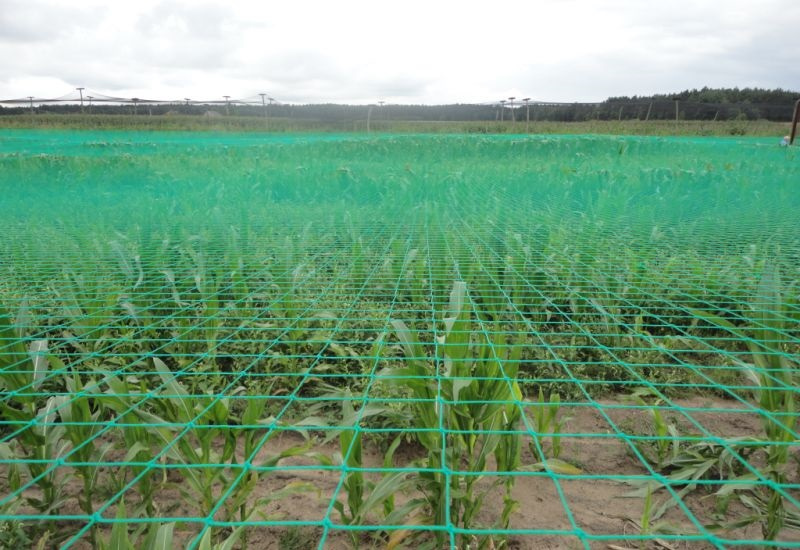Product added to cart

Diarrhea is a health problem that can affect not only humans, but also animals like chickens. It is a state that requires attention and proper treatment to prevent more serious complications. In this article, we will take a look at chicken diarrhea, understand its causes, symptoms and discuss effective treatment methods.
Post Contents [hide]


There is no one specific explanation for that question. There are many causes and factors that can lead to the appearance of this infection, but veterinarians points out one specific factor that has a significant impact on diarrhea occurring.
Feeding mistakes, especially sudden changes of feed, can disrupt the balance of the gastrointestinal microflora, which promotes the proliferation of microorganisms such as Clostridium perfringens and E. Coli. Deficiencies in vitamins such as A, K, C, thiamin, riboflavin, folic acid, copper and selenium can also contribute to diarrhea.


Salmonella pullorum is responsible for the so-called White Diarrhea of Chicks, characterized by white stool. The disease attacks chicks immediately after hatching, often leading to high mortality rates.
Chicken typhoid, caused by Salmonella gallinarum, affects older individuals. The diarrhea in the course of this disease is characteristically sulfur-colored, and mortality ranges from 10-25%.
Colibacteriosis is a dangerous poultry disease caused by the bacterium E. Coli. What's interesting is that this pathogen naturally resides in the digestive tract of hens and does not cause negative effects in it, but when the immunity is weakened, the bacterium causes colibacteriosis, which can devastate the body of birds.
When colibacteriosis occurs, the age of the animals doesn't matter as well as the production group they are currently in. The disease attacks all groups. Infection occurs via the oral or respiratory route through direct contact with sick birds or their fluids. Colibacteriosis can also transmits to humans. The outbreak of the disease is higher when chickens live in poorly ventilated housing, high poultry density and improper feeding.
Symptoms of poultry coccidiosis may vary depending on the age of the birds, overall chicken's health and the presence of other stress factors. The most common symptoms of coccidiosis include:
If you notice symptoms of diarrhea in hens in your flock, there are several steps you can take:


Poultry diarrhea can be a challenge for farmers, but there are many effective remedies, both natural and specialistic, to help fight the problem. Taking care of the health of the chickens' digestive system is a key to maintaining a healthy flock.
Natural remedies are usually quite effective in the first phase of the disease and can beat it. There are a number of natural ingredients that have antibacterial, pain-relieving and anti-inflammatory effects, and they are quite often used in small homesteads.
Natural herbs and plants can do wonders if they are used for medicinal purposes. Oregano, cinnamon and nettle are ingredients we meet in everyday life, that often helped us when we had a cold. Thanks to their healing effects, we can save our birds, and spare them suffering and pain. In the early stages of illness, these ingredients can be healthier and more effective than antibiotics and specialized drugs. The apple cider vinegar hosted in our kitchen every day is also an excellent natural remedy and antibacterial substance, which significantly helps prevent the occurrance of many diseases.
Apple cider vinegar is known for its antibacterial and anti-inflammatory qualities. Adding a small amount of apple cider vinegar to chickens' drinking water can help maintain a healthy bacterial balance in the intestines and prevent the risk of diarrhea.

Oregano is an herb with strong antibacterial effects. Oregano added to the diet of chickens can support guts health and have a soothing effect on the digestive system, reducing the risk of digestive problems.
Cinnamon has antibacterial and anti-inflammatory properties. It can be added to chicken feed in small doses to aid digestion and deal with potential intestinal infections.
Nettle is rich in nutrients such as vitamins A, C, K, iron and silicon, which can support immunity and the general condition of birds.
When natural remedies are not helping you need to reach for remedies specially adapted and formulated to help fight a particular infection, such as:
BACTO KILER is a special formula designed to fight bacterial and viral intestinal infections in poultry. Consult the appropriate dosage and way of usage with your veterinarian. Bacto Kiler has a beneficial effect on the digestive tract of animals. When diarrhea occurs, it effectively reduces it, thus reducing the number of deaths in breeding.

In order to reduce the risk of any infections and diseases, thus saving stress and suffering for your animals, you should regularly use vitamins and formulas to strengthen the immunity of your hens. With the right supplementation, we are able not only to reduce the risk of illness, but also to ensure that if diarrhea occurs, it will not be so dangerous and intense.
If you suspect diarrhea in poultry, it is always recommended to consult a veterinarian. Only a professional evaluation can lead to effective treatment and prevent more serious health problems in birds.